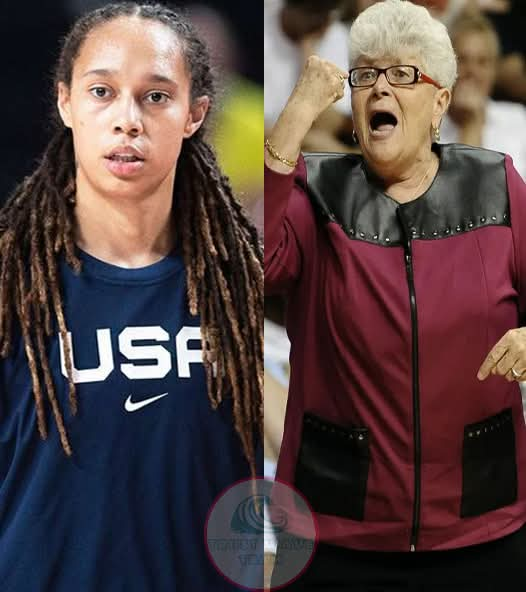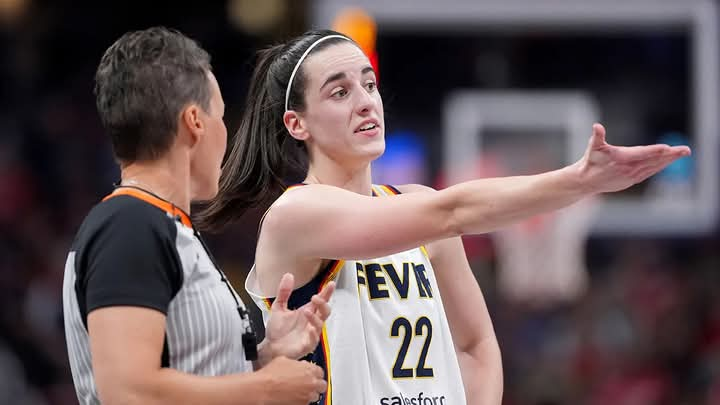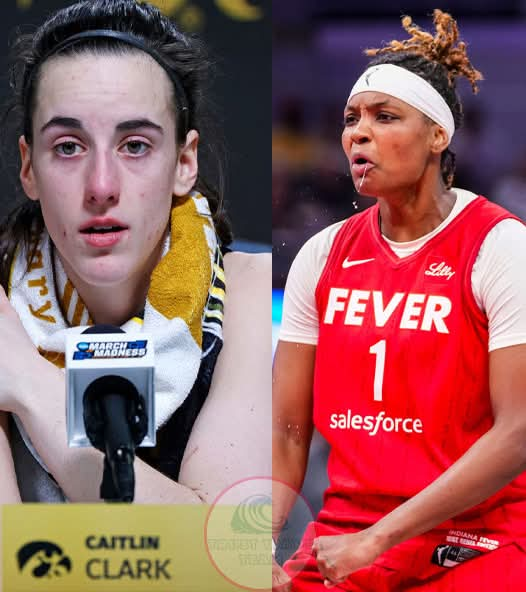
Few eyebrows were raised when Caitlin Clark was chosen as the No. 1 overall pick in the 2024 WNBA Draft by the Indiana Fever. Her meteoric rise to fame, electrifying playing style, and leading Iowa to consecutive NCAA finals cemented her as a generational talent.
What did spark significant discourse, however, was the disparity in her earnings. Despite her undeniable impact and surging popularity, Clark’s rookie salary with the Fever was a modest $76,000, excluding performance incentives. This wage underscored the stark financial gap between the WNBA and its NBA counterpart, reigniting debates on pay equity in professional sports.
Yet, Clark stands apart as an anomaly in the league’s economic framework. According to Dana Hunsinger Benbow of IndyStar, Clark’s financial portfolio transcends her WNBA salary, allowing her to bypass the typical offseason overseas contracts pursued by her peers. Her lucrative endorsement deals, including an eight-year, $28 million contract with Nike, bring her an estimated $3.5 million annually from the brand alone. Partnerships with major entities like State Farm, Gatorade, Buick, and HyVee further solidify her financial dominance.
Michael Hicks, an economics professor at Ball State University, highlighted her unique position, noting that her WNBA earnings pale compared to her endorsement-driven income. “Her league salary is mere background noise,” Hicks observed, emphasizing Clark’s stature as a national, if not global, icon. Such financial freedom enables her to prioritize legacy and career trajectory over monetary concerns, as evidenced by her rejection of a reported $1 million offer to join the Unrivaled 3-on-3 league earlier this year.
Clark’s rookie contract, though modest, could serve as a focal point for the Women’s National Basketball Players Association as they push for improved compensation structures in forthcoming collective bargaining discussions. Her case exemplifies both the league’s challenges and the transformative potential of its brightest stars.




